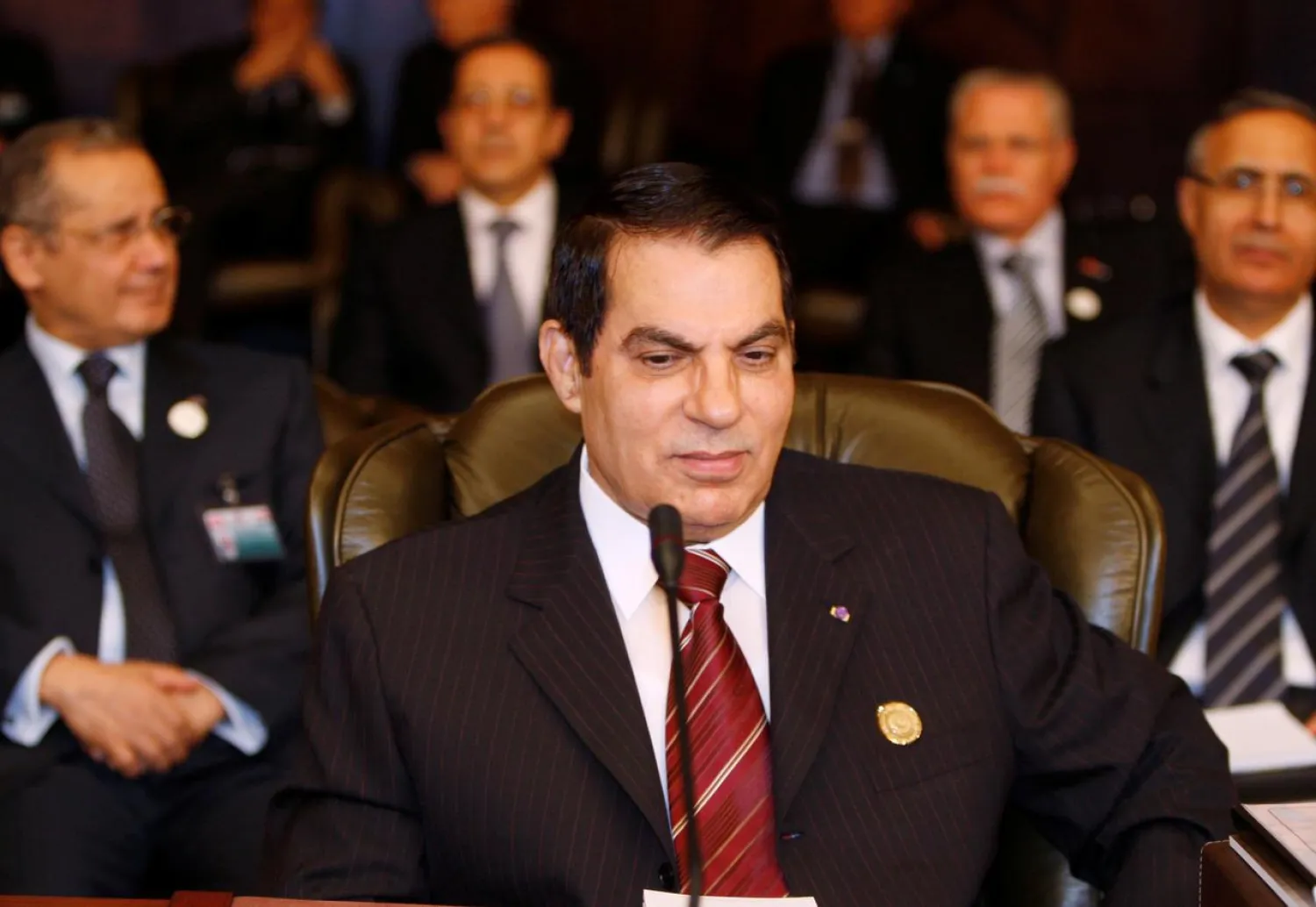Head of Tunisia's Ennahda Movement Rached Ghannouchi has called for “comprehensive national reconciliation” between the symbols of the former regime and leftist leader.
His initiative was joined by Head of Heart of Tunisia Party Nabil Karoui, who is a co-founder of late President Beji Caid Essebsi’s Nidaa Tounes Party.
However, electoral rules and supporters of major political parties do not agree on this approach.
Ghannouchi’s political advisor Lotfi Zeitoun, a leader in Ennahda, also called on President Kais Saied and Prime Minister Hichem Mechichi to grant amnesty for former president Zine El Abidine Ben Ali’s sons and in-laws.
He asked them to allow the late President’s family members to return to Tunisia and be granted Tunisian passports as an indication of their connection to their home country.
According to Zeitoun, Saied has the constitutional powers to issue a presidential pardon, and the PM has administrative powers to grant them official documents and ensure their freedom of movement to and from their country.
Zeitoun, who represents a reformist trend within Ennahda Movement, has stressed on avoiding all forms of abuse against sons of the former president.
He said those who have been punished have already paid for their actions, noting that Ben Ali’s wife and children shall have the right to return and have a fair trial in their country.
He concluded his reconciliation call by stressing that this file shall be closed, adding that Tunisia should advance to the level of civilized countries “governed by law... and only by law.”
It is noteworthy that Ben Ali died in exile on September 19, 2019, and was buried in Saudi Arabia’s Muslim holy city of Madina.
His wife, son, and sons-in-law, especially Sakher El Materi and Belhassen Trabelsi are still residing abroad, fearing retaliatory court rulings. However, Selim Shaybob, third son-in-law, succeeded in concluding reconciliation with the Tunisian government and currently lives in Tunisia.









